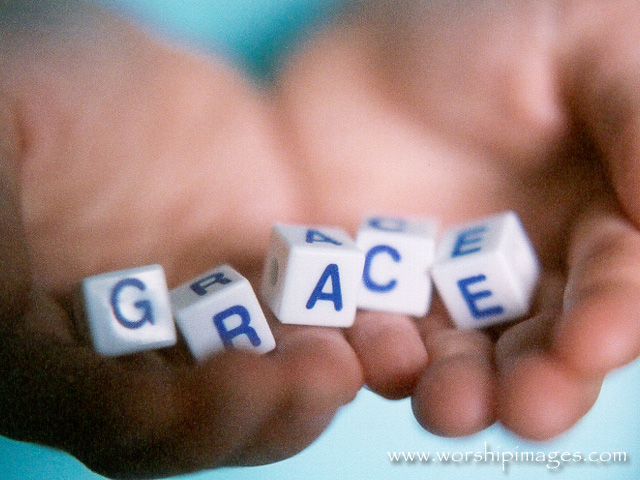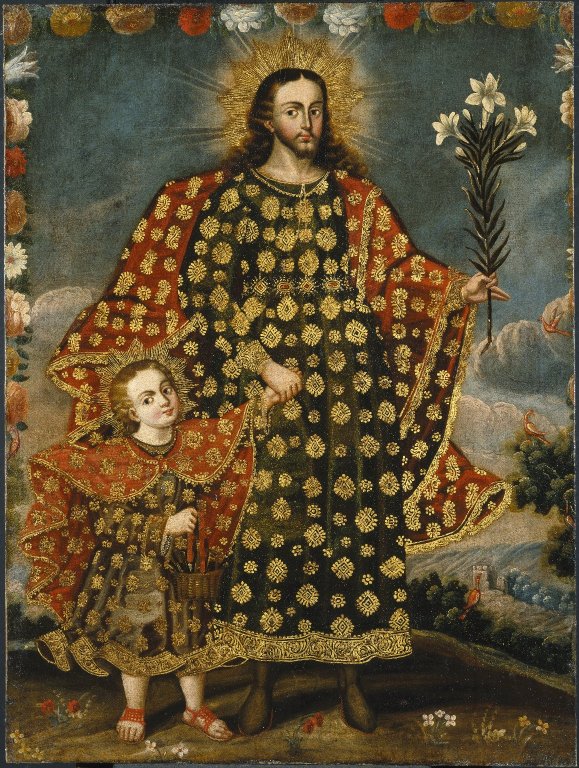I believe in grace. I can cite you examples in my own life, confidentially, where I have experienced the efficacious power of grace, and for which there is no other explanation I am aware of; certainly, the least of which would be my own efforts. I believe in grace. I rely on it desperately. I seek it constantly. I pray for it fervently. I have no other hope; nor, wish any.
“It happens whenever a group of people spend a lot of time studying the same thing. Physicists tell quantum-mechanics jokes, musicians tell voice-part jokes, and Dominicans tell virtue-ethics jokes. Often enough, a word means one thing in common parlance and something very different in a specialized context, whether that context be physics, music, or moral theology. In this particular case, we were talking about our struggles in community life, and a brother was self-deprecatingly going through a litany of ways in which he lacks self-control. Summing them up, he profoundly declared, “I am the incontinent man.” Everyone burst out laughing.
Of course, we all knew what he meant. Aristotle defines an incontinent man as someone who thinks things through and knows, in general, what he ought to do; but, when a particular action is required, he succumbs, against his better judgment, to his malformed passions.
In a certain sense, it’s strange that this should happen—strange that someone who knows what he should do, doesn’t do it. On the other hand, it’s a very common experience—one that most of us know only too well—and it’s perfectly described by St. Paul: “I do not understand my own actions. For I do not do the good I want, but the evil I hate” (Rom 7:15).
Clearly, no one wants to live in a state of incontinence. In fact, a defining trait of the incontinent man is that, although he does the wrong thing, he is unhappy about it. (This is in contrast to the truly vicious man, who does the wrong thing and wouldn’t have it any other way.) It’s encouraging, then, that Aristotle suggests that a man can, by effort and training, rise above incontinence and achieve continence, or self-control.
Continence, however, is only half the battle, according to Aristotle. In a certain sense, nothing has changed about the way a continent man approaches an ethical choice. He still reasons to the same correct ethical conclusion, and he still feels the same base passions against it; it’s just that, now, he is able to subdue his passions and do the right thing. Obviously, doing the right thing is better than failing to do so, but is this the best we can hope for? Does the ideal of the moral life amount to gritting our teeth and fighting against our lower appetites, constantly tiptoeing our way through a minefield of passions?
Unfortunately, many really do see the moral life this way. In fact, following Immanuel Kant, some claim that the only way we can know we have done a good act for a good reason, and not from some selfish motive, is by fighting against our natural inclinations. On this view—which many well-intentioned Christians implicitly accept—the moral life is a constant battle against ourselves. The good life is reduced to a mere external fidelity to the Commandments, a joyless battle against disordered passion.
Unlike Kant, Aristotle doesn’t regard continence as the height of human virtue. For him, the truly virtuous man is the man who not only does the right thing because he knows it’s the right thing, but also does it with ease—that is, with the help, not the hindrance, of his passions. In fact, a truly virtuous man’s natural appetites are so attuned to the good that he hardly even needs to deliberate about moral actions. There is nothing pulling him in some other direction. For such a man, Aristotle says, virtue has become “a second nature.”
As inspiring as this picture of the virtuous man is, Aristotle seems to imply that if we aren’t raised this way from birth, we’re simply out of luck. Once we let any of our baser appetites go astray, there’s not a whole lot we can do except constantly struggle not to give in to them. Needless to say, this is not a very happy prospect.
Thankfully, this is where St. Thomas takes up the baton and gives us more hope.
He agrees with Aristotle about the dim prospect of becoming virtuous by natural means. No purely human agency, according to St. Thomas, can heal our moral brokenness. Fortunately, though, the grace of God is intimately at work in our lives, transforming and perfecting our nature, and the power of this grace can lift us out of whatever rut we may be stuck in.
This supernatural perspective teaches us two things. First, while we must continue to strive against the things that lead us into sin, we need not struggle alone. Second, if we try to go it alone, relying only on natural supports, we are ultimately bound to fail.
The grace of God doesn’t just help us attain true virtue; it makes such virtue possible. Even better, it makes the moral life something more than just a constant grind, a mere assent of the will against the angry protest of our passions. It makes it the right ordering of our entire humanity—intellect, will, and emotions—into the person God created us to be. This way, what we know we should do is not only what God calls us to do, but also what we truly desire.
This idyllic portrait of the virtuous man can be hard to accept for those of us still slogging it out in the realm of continence and incontinence. Yet we have the witness of the saints to give us hope. Though well aware of their sinfulness, and even beset by temptations, the saints are not grim figures who stoically suppress all of their passions. Rather, they are caught up in the love of God. They joyfully and wholeheartedly follow wherever He leads, depending on His grace every step of the way.”
Love,
Matthew



